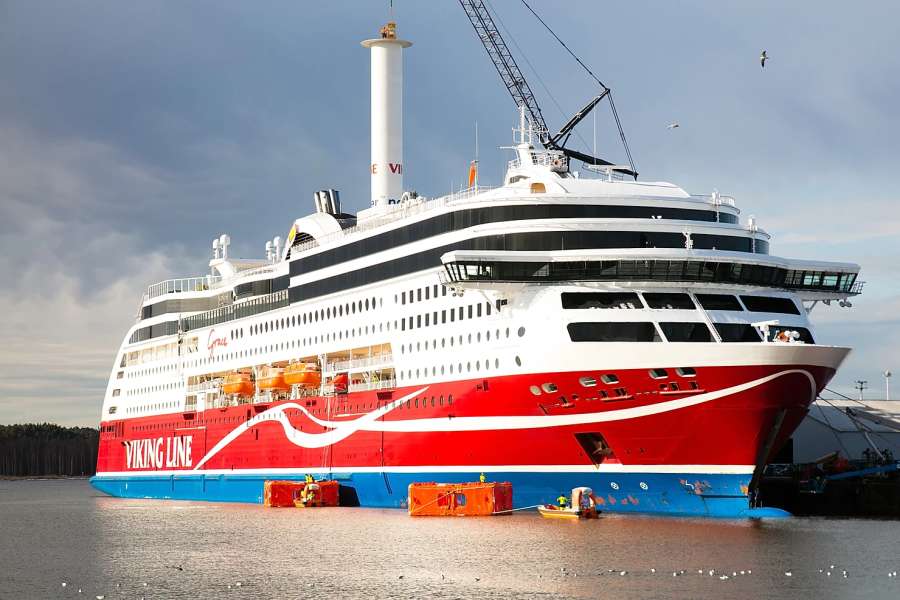Wind assist technology primed to support Paris-aligned decarbonisation in shipping
Tuomas Riski, CEO of Norsepower Oy Ltd., the leading provider of low maintenance, software operated, and data verified auxiliary wind propulsion systems, today said wind power was ready to be a part of meeting Paris-aligned greenhouse gas (GHG) reduction targets set by the International Maritime Organization (IMO) in April this year. Norsepower’s Rotor Sail Solution alone could drive a circa 5% reduction in total industry emissions and is complementary to other efficiency technologies vital to decarbonisation.
Tuomas Riski, CEO of Norsepower said:
“When the issue of decarbonising shipping is raised at the IMO, it seems that all too often it is dismissed because the technology to reduce emissions is not ready. however, with the International Transport Forum and the OECD’s report last week saying that almost complete decarbonisation is possible by 2035 with currently known technologies, Norsepower is proud to stand up and say that it is ready and willing to help the industry achieve ambitious targets.“
Norsepower’s Rotor Sails may not already be installed on the 20,000 applicable vessels in the global fleet, but we have a proven commercial product that could reduce missions by 10-15% per ship. This does not limit the reductions that could be made by those ships, as multiple technologies sit happily alongside Rotor Sails, like hydrodynamic hull optimisation, heat recovery, and alternative fuels.
“We hope that the IMO will recognise the potential savings offered by the clean technology community and set Paris Agreement -aligned GHG reduction targets at the upcoming MEPC 72 meeting. A 70-100% reduction in totalemissions by 2050, as supported by EU member states, is critical to holding global temperatures well below two degrees of warming and preventing catastrophic climate change. As a clean technology provider, Norsepower is ready to support that future. “
The challenge for the industry is not the technology but the will to implement it.
”Norsepower offers Rotor Sails under a ‘Technology as a Service’ model; rather than pay for a technology up front and install it on a vessel, costs are billed monthly at an amortised fee based on the achieved fuel savings. This reduces the barrier to entry and provides the added benefits of a service agreement rather than a one -off purchase of a product.”
In addition to its very real financial and environmental benefits, the visibility of Rotor Sails onboard a vessel can deliver enhanced awareness of an organisations’ environmental credentials to port users and the public.
Wind Assist Technology Primed To Support Paris-aligned Decarbonisation In Shipping


